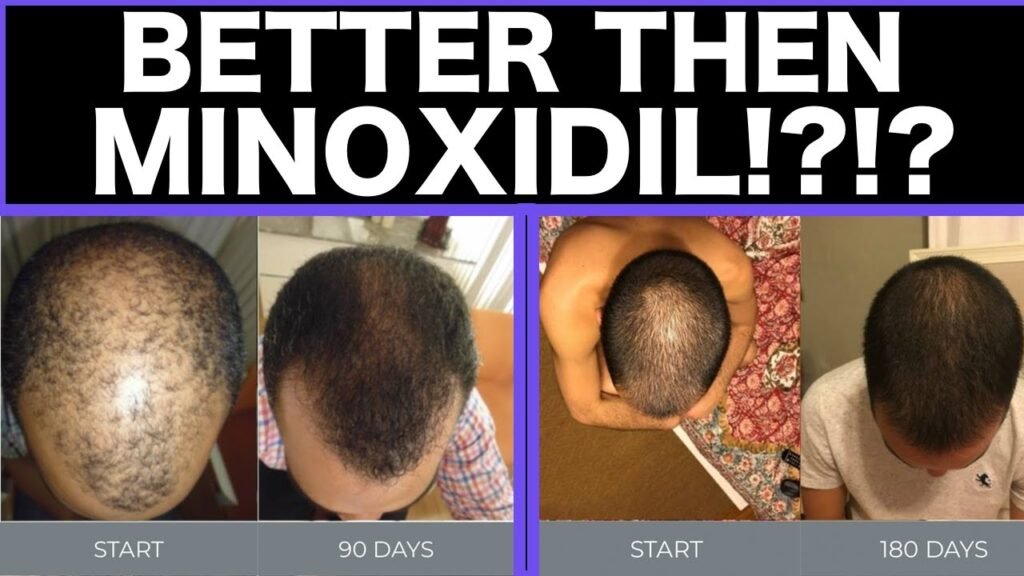Complete comparison of Minoxidil vs tretinoin
When it comes to hair growth treatments, Minoxidil and tretinoin are two prominent options that have garnered attention for their effectiveness in combating hair loss. While both treatments aim to improve hair density, they function through different mechanisms and are suitable for varying types of hair loss conditions. Understanding the distinctions between Minoxidil and tretinoin can help individuals choose the most appropriate treatment for their needs.
Mechanism of Action
Minoxidil, commonly available in topical formulations, primarily works by dilating blood vessels in the scalp. This dilation increases blood flow, which can stimulate hair follicles and promote hair regrowth. It is particularly effective for androgenetic alopecia, commonly known as male or female pattern baldness. On the other hand, tretinoin, a derivative of vitamin A, enhances cell turnover and may improve the absorption of Minoxidil when used in combination. Tretinoin itself is not a standalone hair growth treatment but can complement Minoxidils effects.
Usage and Application
Minoxidil is typically applied directly to the scalp in either liquid or foam form, with recommended usage twice daily for optimal results. Consistency is key, as discontinuation can lead to the reversal of hair regrowth. Tretinoin, often used in conjunction with Minoxidil, is applied less frequently and is available in cream or gel formulations. It is essential to follow specific instructions regarding application frequency and timing to avoid irritation, especially for individuals with sensitive skin.
Side Effects and Considerations
While both treatments are generally well-tolerated, they can have side effects. Minoxidil users may experience scalp irritation, dryness, or unwanted facial hair growth. In contrast, tretinoin may cause redness, peeling, or increased sensitivity to sunlight. Individuals should consider their skin type and any pre-existing conditions when selecting a treatment. Consulting with a healthcare professional can provide personalized guidance, ensuring that the chosen therapy aligns with individual health profiles and goals.


